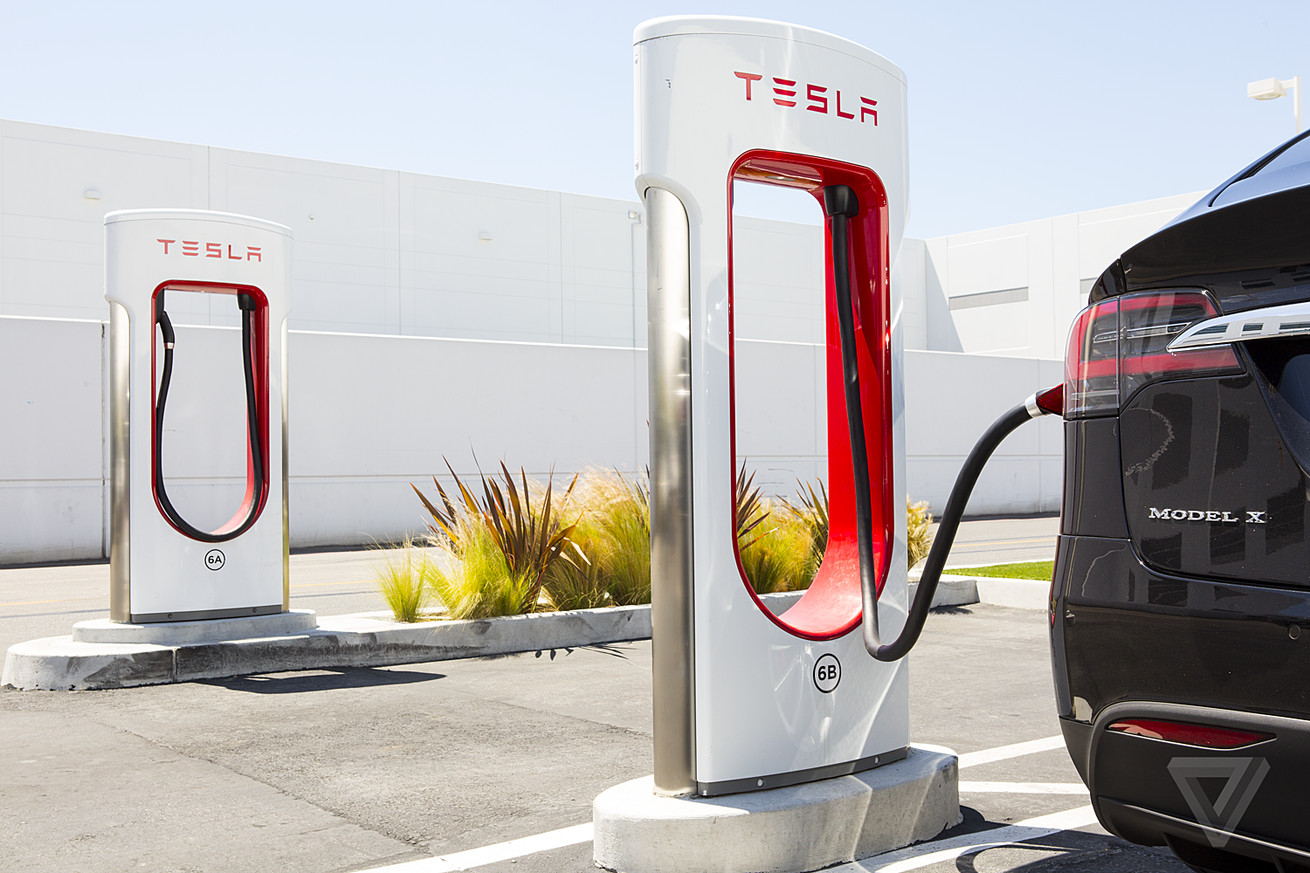Electric vehicles (EVs) have gained significant traction in recent years, capturing the attention of consumers and investors alike. As concerns about climate change and environmental sustainability grow, more people are seeking cleaner alternatives to traditional gasoline-powered vehicles.
This shift in consumer preferences has ushered in a new era of transportation powered by electricity.
The popularity of EVs is driven by increasing environmental consciousness. With rising awareness about climate change, individuals are embracing sustainable solutions, including electric vehicles that significantly reduce greenhouse gas emissions and reliance on fossil fuels.
Technological advancements have also contributed to the rise of EVs. Improved batteries with longer ranges alleviate concerns about limited mileage, while charging infrastructure addresses range anxiety by providing convenient access to charging stations.
Another factor is the reduced operating costs of EVs compared to conventional vehicles. Lower fuel expenses and simplified maintenance requirements make them an economical choice over time.
Governments worldwide are promoting electric vehicle adoption through incentives such as tax credits, rebates, grants, and subsidies. These measures encourage consumers and drive innovation within the automotive industry.
The Rise of EV Stock Companies: Driving Investment Interest
As electric vehicles (EVs) gain popularity, EV stock companies have become a hot topic in the investment world. These companies lead the way in innovation and disruption, propelling the shift towards a greener future. Investors are drawn to the immense growth potential within this sector and are eager to capitalize on the opportunities it presents.
EV stock companies offer a unique chance to be part of an industry that is transforming the automotive landscape. With governments implementing stricter emissions regulations and consumers prioritizing eco-friendly transportation, investing in EV stocks aligns with global efforts to combat climate change and reduce reliance on fossil fuels.
The disruptive nature of these companies is another driving force behind their appeal. Start-ups focused solely on electric vehicle technologies pose significant competition to traditional automakers. Their agility and adaptability give them an advantage, making them attractive investment prospects.
Supportive policies and investments in charging infrastructure further enhance the outlook for EV stock companies. Governments worldwide are incentivizing consumers through subsidies and tax credits, creating a favorable environment for growth.
Additionally, advancements in battery technology continue to improve range capabilities while reducing costs. As electric vehicles become more affordable, widespread adoption is expected to increase dramatically, boosting investor confidence in EV stocks’ long-term profitability.
In summary, EV stock companies have captured investment interest due to their role in driving sustainable transportation solutions. With increasing government support and advancements in technology, these companies offer significant growth potential for investors seeking opportunities aligned with environmental goals.
Overview of the Global Shift Towards Clean Energy and Sustainability
The world is increasingly aware of the urgency to adopt clean energy solutions in order to combat climate change. Governments, businesses, and individuals are aligning their efforts towards achieving sustainable development goals.
Electric vehicles (EVs) are a key player in this transition as they offer a cleaner alternative to traditional combustion engines. With ambitious targets set by governments to reduce carbon emissions, investing in EV stocks becomes an attractive option for those looking to support the global shift towards clean energy.
This global movement is driven by the need to combat air pollution, advancements in technology making EVs more affordable and accessible, and an increasing focus on sustainability in both environmental and financial terms.
Government Policies and Incentives Driving EV Adoption
Government policies and incentives play a significant role in driving the adoption of electric vehicles (EVs). Many countries offer tax credits, subsidies, and rebates to encourage consumers to switch from conventional cars to EVs. These measures promote sustainability and create a favorable investment environment for EV companies.
Investors recognize that government support provides a strong foundation for long-term growth and profitability. By implementing these initiatives, governments are paving the way for a greener future and helping the electric vehicle industry thrive.
Growing Consumer Demand for Eco-Friendly Transportation Options
The automotive industry is witnessing a shift as consumers increasingly demand eco-friendly transportation options. With a growing awareness of their environmental impact, people are actively seeking sustainable alternatives to traditional vehicles.
This surge in demand has propelled the popularity of electric vehicles (EVs) and other green modes of transport.
Concerns over air pollution and climate change have led individuals to choose greener transportation options, recognizing that conventional gasoline-powered vehicles contribute significantly to these issues.
EVs offer numerous advantages, including lower operating costs and reduced carbon emissions, making them an attractive choice for environmentally conscious consumers.
Government policies have played a role in facilitating this transition by offering incentives such as tax credits and subsidies for purchasing EVs. However, the rise in demand goes beyond government influence alone.
Industries have invested heavily in research and development to improve EV technology and infrastructure, resulting in advancements like longer battery life and faster charging capabilities.
Automakers are also embracing sustainability as an integral part of their strategies. They are developing stylish and competitively priced electric vehicle models with enhanced performance features. This shift towards sustainable transportation options allows consumers to make environmentally conscious choices without sacrificing convenience.
As consumer demand continues to grow, there is increasing potential for investment in EV stock companies. Investors recognize the long-term growth opportunities in this sector, fueling innovation within the automotive industry.
Examination of Major Players in the EV Industry
The electric vehicle (EV) industry is dominated by major players like Tesla, NIO, and Rivian, who have revolutionized the automotive sector. Tesla, led by visionary CEO Elon Musk, has set new standards for performance and range with their innovative models.
NIO from China impresses with advanced autonomous driving capabilities and a unique battery swapping infrastructure. Rivian stands out with their rugged yet sustainable electric pickup trucks and SUVs.
These companies have the potential to shape the future of transportation as governments prioritize sustainability and consumers demand greener alternatives. Investors recognize their role in driving global adoption of EVs and propelling us towards a greener future.
Technological Advancements in Battery Technology, Autonomous Driving, and Charging Infrastructure
Technological advancements drive the success of EV stock companies. Breakthroughs in battery technology have improved electric vehicle range and charging times. Autonomous driving capabilities enhance transportation efficiency and safety. Investments in charging infrastructure address range anxiety, increasing consumer confidence.
These advancements enhance user experience and contribute to market growth by increasing consumer confidence.
Reshaping Traditional Automotive Manufacturing with EV Innovations
The innovations brought forth by electric vehicle (EV) companies are not limited to technology alone; they are also revolutionizing traditional automotive manufacturing. Design, production, and supply chain management for EVs require a different approach compared to conventional cars.
This shift has allowed new players to enter the market and disrupt the established automotive industry. As EV stock companies continue to refine their manufacturing processes, they are reshaping the entire automotive landscape.
EV design requirements differ significantly from internal combustion engine vehicles. Specialized components like high-capacity batteries and advanced power electronics need to be incorporated into production lines effectively. The streamlined assembly of EVs with simpler drivetrains results in faster production cycles and potentially lower costs.
Supply chain management is also transforming due to the rise of EVs. Sourcing materials like lithium and cobalt for battery production has become crucial. Companies are exploring alternative sources and developing sustainable supply chains to ensure a steady flow of essential materials without compromising environmental standards.
This transformation affects the entire automotive industry, pressuring established automakers to adapt or risk falling behind new entrants who have embraced EV technology early on.
Traditional manufacturers are investing heavily in research and development efforts related to electric vehicles while seeking partnerships or acquisitions of EV startups.
[lyte id=’T5S7jjsK_6o’]






